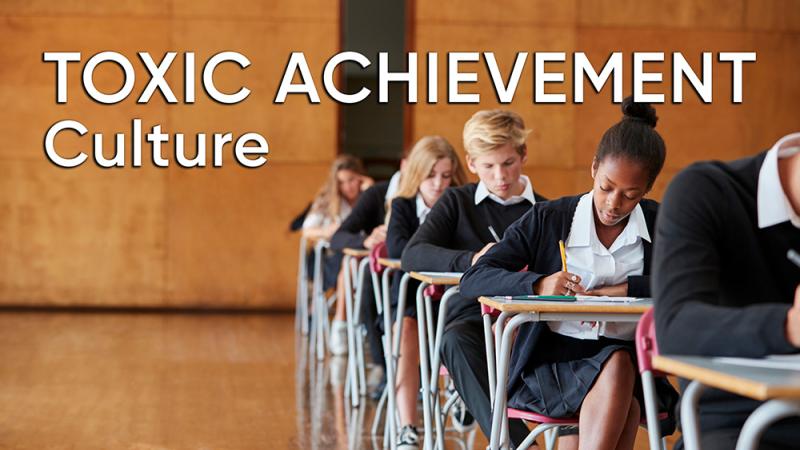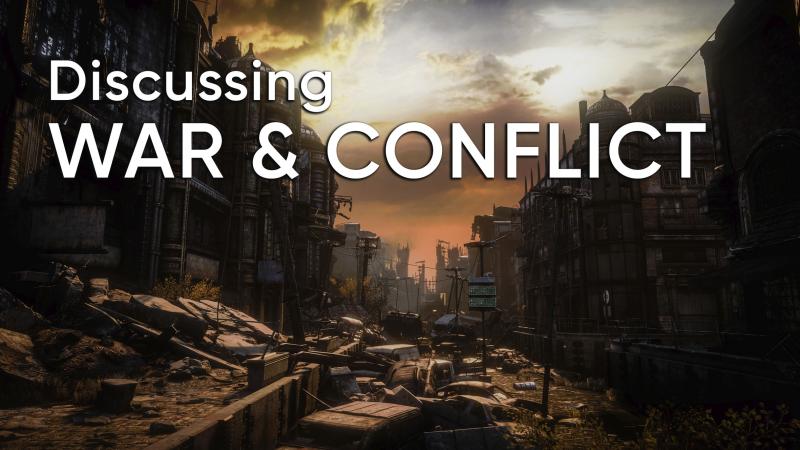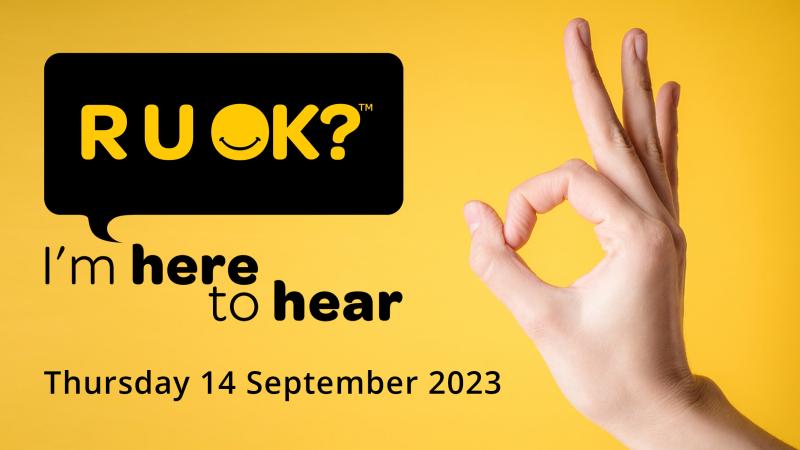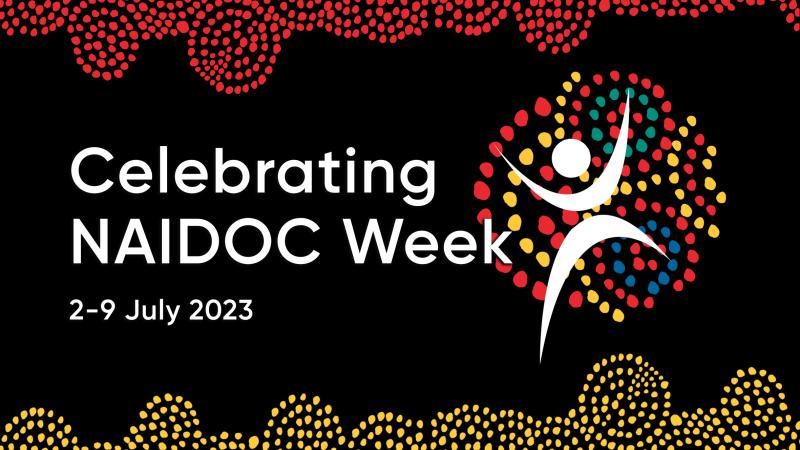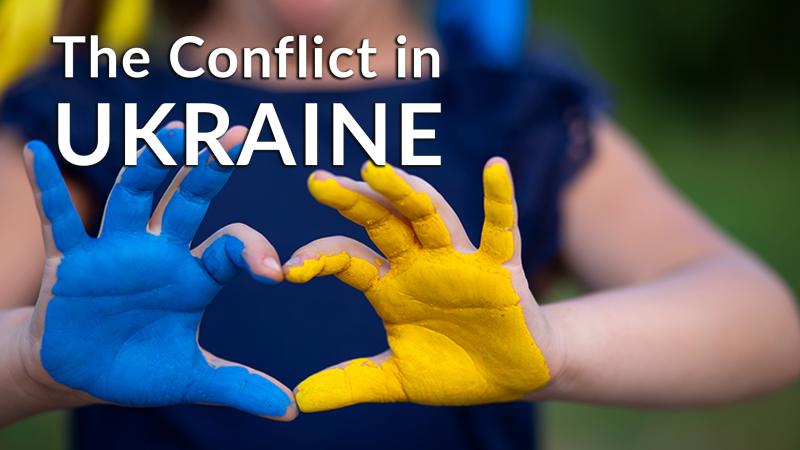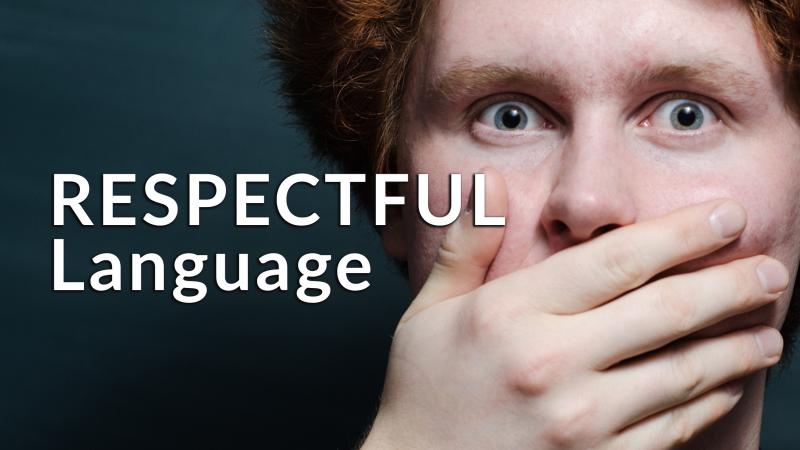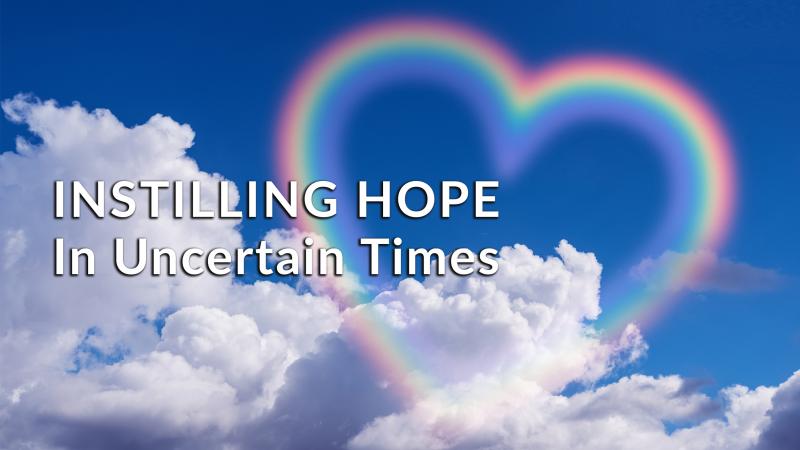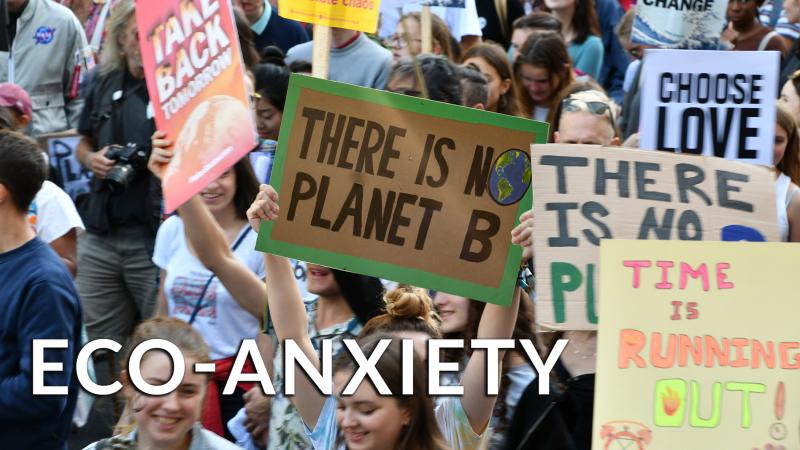SPECIAL REPORTS
SPECIAL REPORT: Toxic Achievement Culture
Read More"It is not that we shouldn't encourage young people or avoid asking how they performed on a difficult test. Instead, we should encourage students to untangle their self-worth from achievement and redefine their success by emphasising the importance of resilience, wellbeing, and the pursuit of diverse interests."
Dr Michael Carr-Gregg
SPECIAL REPORT: Discussing War & Conflict
Read More"When children encounter traumatic events, their brain processes these emotions, storing them as powerful memories. It's natural for them to be curious, concerned, or even scared. Their world view is still forming, and these events can be overwhelming and difficult for them to process."
Dr Michael Carr-Gregg
SPECIAL REPORT: R U OK?Day
Read More"This day contributes to suicide prevention efforts by encouraging all people to invest more time in their personal relationships and building their informal support networks. By having conversations and being alert to those around us, we can help identify signs of distress."
Dr Michael Carr-Gregg
SPECIAL REPORT: Celebrating NAIDOC Week
Read More"NAIDOC week celebrates the history, culture and achievements of Aboriginal and Torres Strait Islander peoples. It is celebrated by all Australians and is a great opportunity to learn more about Aboriginal and Torres Strait Islander communities."
Dyonne Anderson
SPECIAL REPORT: The Conflict in Ukraine
Read More“The evidence show us that having a supportive discussion about a stressful event can actually decrease a young person’s distress. Answering their questions honestly will help them process any difficult emotions that may arise."
Dr Michael Carr-Gregg
SPECIAL REPORT: Respectful Language
Read More“If you swear at someone, or about someone, you are actually committing an act of verbal violence. You transgress the usual rules of social interaction, impinging upon someone's self-image and their sense of dignity."
Dr Michael Carr-Gregg
SPECIAL REPORT: Managing Overwhelm
Read More“As human beings, our brains haven’t evolved fast enough to adapt to the digital world that we now live in. This means that the overload of messages that we receive through ever-present media platforms often results in stress, anxiety, and overwhelm."
Dr Emma Woodward
SPECIAL REPORT: Instilling Hope In Uncertain Times
Read More“Parents can help instil hope by encouraging their kids to see life as it is. Human beings, particularly young ones, hate uncertainty and often their natural response is to exhibit varying degrees of fear and anxiety."
Dr Michael Carr-Gregg
SPECIAL REPORT: Wellbeing Checklist for Primary
Read More“Whilst most children are resilient and seem to be demonstrating a remarkable capacity to manage this challenging time, others are not faring as well. This makes it really important for parents to be vigilant for any signs of distress."
Dr Michael Carr-Gregg
SPECIAL REPORT: Dealing with Disappointment
Read More“Disappointment is a normal, though difficult, part of growing up and can be a tricky emotion to deal with at any age. How your children learn to respond to disappointment will determine its impact on their future achievement and happiness.”
Dr Michael Carr-Gregg
SPECIAL REPORT: Eco-Anxiety
Read More"Some psychologists worry that fears around the projected impacts of climate change may lead to a learned helplessness or hopelessness. ‘Eco-anxiety’ has begun to emerge in pre-schoolers, primary and secondary students."
Dr Michael Carr-Gregg
SPECIAL REPORT: Parenting Styles
Read More“Many parents today are afflicted with a Vitamin N deficiency…the inability to say, “No” to their children. It's incredibly important that parents set limits and boundaries. The consequences of bad parenting has both short and long-term effects.”
Dr Michael Carr-Gregg
SPECIAL REPORT: 13 Reasons Why
Read More“Probably for 75 per cent of kids who watch this show, there will be no impact. However, I'm worried about the ones who have pre-existing vulnerabilities.”
Dr Michael Carr-Gregg
SPECIAL REPORT: Cyberbullying
Read More“Up to 70% of primary school kids are on social media but they simply do not have the neurological maturity to manage their digital footprint. Parents need to get tough and understand the risks associated with it.”
Dr Michael Carr-Gregg


